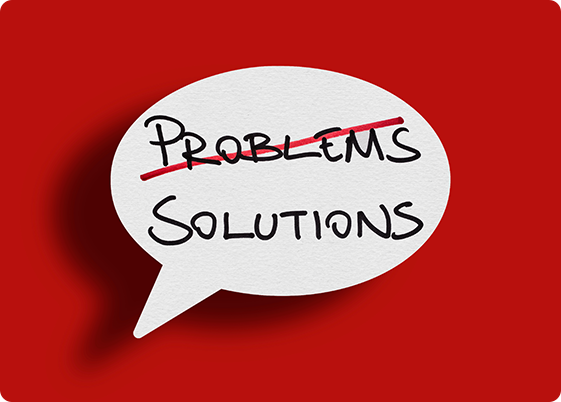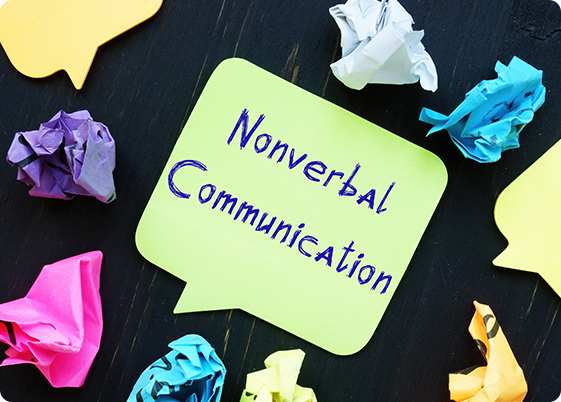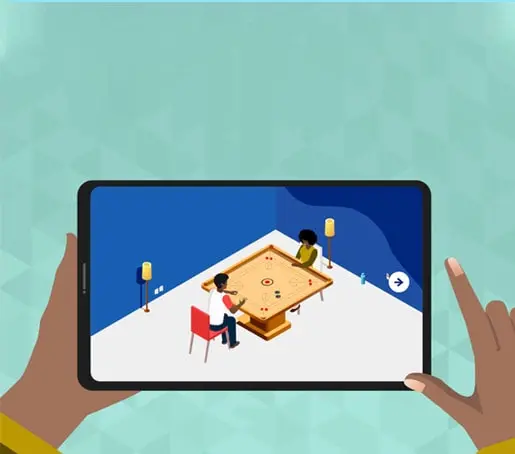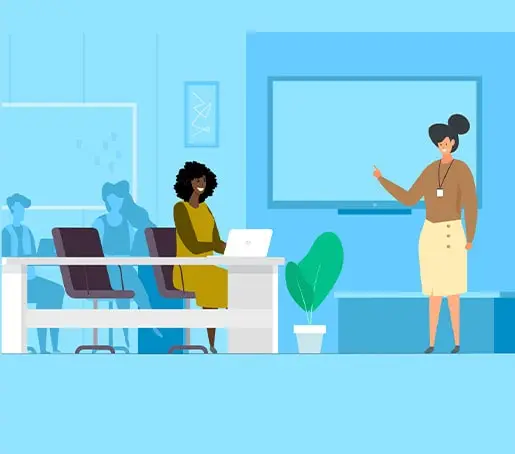Effective communication is a fundamental skill set in every industry. At the core of this communication is active listening, a skill that allows representatives to understand and meet the needs of their customers efficiently. The importance of active listening in customer service cannot be overstated, as it directly impacts customer satisfaction and the overall success of service interactions.

Importance of Active Listening in Jamaican Hospitality
Jamaica is renowned for its warm hospitality and vibrant culture, making customer service a crucial aspect of its tourism and service industries. There is a huge importance of active listening in Jamaican hospitality, as it helps create memorable experiences for tourists and locals alike.

Enhancing Customer Satisfaction
One of the primary benefits of active listening in customer service is enhancing customer satisfaction. When service representatives truly listen to their customers, they can better understand their needs and preferences. This understanding allows them to provide personalised service, address specific concerns, and ensure customers feel valued. For example, in a hotel in Jamaica, a guest mentioning their preference for a quiet room should lead to the representative noting this and making the necessary arrangements. Such active listening examples showcase the direct impact on customer satisfaction.
Building Trust and Loyalty
Active listening also builds customer trust and loyalty. When customers feel heard and understood, they are more likely to trust the service provider and remain loyal to the brand. Building this trust in Jamaica, where repeat tourism is vital, can lead to long-term relationships with visitors. A customer who experiences attentive and empathetic service will return and recommend the service to others. This benefit of active listening is evident in many successful Jamaican businesses that prioritise customer relationships.

Resolving Issues Effectively
Effective issue resolution is another significant advantage of active listening in customer service. By listening carefully to customer complaints or concerns, representatives can gather all necessary information, understand the root cause of the problem, and provide appropriate solutions. For instance, in a Jamaican call centre, a customer complaining about a billing issue will feel more satisfied if the representative listens attentively, repeats the issue to ensure understanding, and then takes steps to resolve it. This approach not only resolves the problem but also prevents future misunderstandings.

Empowering Service Professionals
Active listening empowers service professionals by enhancing their communication skills and confidence. When representatives practice active listening, they become more adept at understanding customer needs and responding effectively. This empowerment is particularly important in customer service jobswhere the ability to communicate clearly and empathetically can significantly impact job performance and satisfaction. In Jamaica, where the service industry is a major employment sector, developing these skills can lead to career advancement and personal growth for many individuals.
Practical Strategies for Mastering Active Listening
Customer service professionals must implement effective strategies to reap the benefits of active listening. Here are some practical techniques to master active listening in BPO and other customer service environments.

Practice Nonverbal Communication
Nonverbal communication is a critical component of active listening. It involves using body language, facial expressions, and eye contact to show customers they are being heard. Maintaining eye contact, nodding, and leaning slightly forward in face-to-face interactions can signal attentiveness and engagement. In Jamaican hospitality, for example, a receptionist who smiles warmly and maintains eye contact can make guests feel welcome and appreciated. Even in phone conversations, the tone of voice and verbal affirmations convey attentiveness. Practising these types of active listening techniques can improve the quality of customer interactions.
Summarise and Paraphrase
Summarising and paraphrasing are potent tools in active listening. These techniques involve restating the customer’s message in your own words to confirm understanding. For instance, after a customer explains an issue with a product, the representative might say, “So what you’re saying is that the product did not meet your expectations because it malfunctioned after the first use, correct?” This approach not only shows the customer that the representative is listening but also provides an opportunity to clarify any misunderstandings. In call centre listening skills, summarising and paraphrasing can prevent miscommunication and ensure the customer’s concerns are accurately addressed.

Ask Clarifying Questions
Asking clarifying questions is an essential aspect of call centre listening skills. It helps in understanding the full context of a customer’s issue. These questions help to gather more information and show the customer that their concerns are being taken seriously. For example, a customer calling a resort in Jamaica to complain about a booking error might be asked, “Can you provide the booking reference number so I can check the details for you?” This not only helps in resolving the issue but also demonstrates a proactive approach to customer service. Implementing this strategy can lead to more effective problem-solving and improved customer experiences.
Conclusion
The importance of active listening in customer service is evident across various aspects of customer interaction, from enhancing satisfaction to resolving issues effectively. By focusing on nonverbal communication, summarising, and paraphrasing, and asking clarifying questions, service professionals can significantly improve their active listening skills. In Jamaica, where hospitality is a key industry, mastering these skills provides exceptional service and builds lasting customer relationships. As the role of the customer service representative continues to evolve, theimportance of empathy and an emphasis on active listening will remain a cornerstone of effective communication and outstanding service delivery.
If you want to master better communication at work, HGS Jamaica can be your ally. Join and take the plunge!
 Jamaica
Jamaica Canada
Canada Colombia
Colombia India
India Philippines
Philippines UK
UK US
US SA
SA



